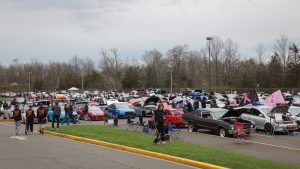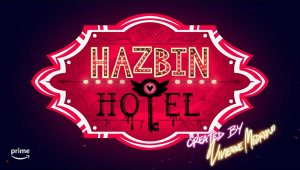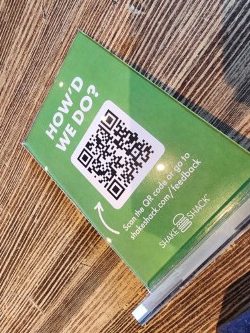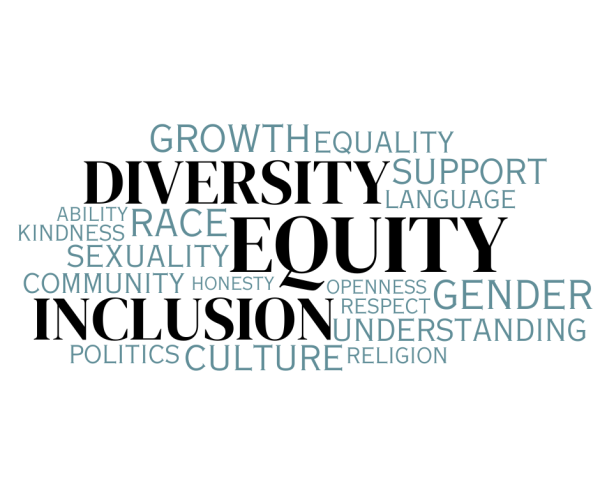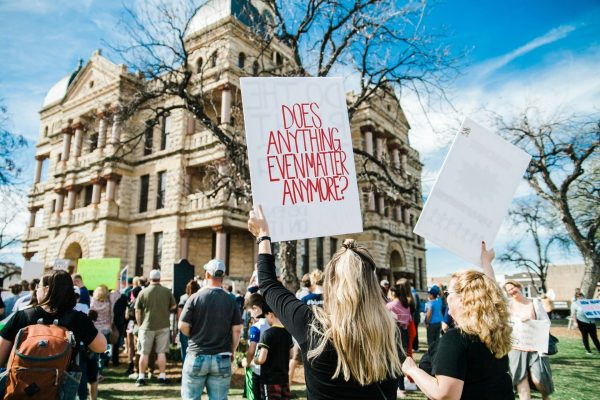Don’t Equate Guns With Liberty
Guns don’t mean liberty.
April 1, 2019
In a one-sentence order, the United States Supreme Court upheld the Trump administration’s initiative to ban bump stocks last Thursday. That means those who possess the devices must destroy or turn them into the Bureau of Alcohol, Tobacco, Firearms and Explosives within 90 days, according to The New York Times. Good.
Since the founding of our nation, the Second Amendment of the Bill of Rights has perpetrated the concept that owning a gun automatically means liberty – that per the Constitution, you are free if you own a gun. But that kind of equivocation is false. The National Rifle Association’s dogma that more guns mean more freedom, more democracy, more safety and more protection from an autocratic centralized government is a fallacy.
The NRA’s skewed interpretation falls apart if you look at mass shootings. President Donald Trump, a Republican, moved to ban bump stocks because they helped one gunman to kill 58 people and wound hundreds more at a concert in Las Vegas in 2017. Bump stocks attach to a firearm and keep it firing rapidly, essentially turning a semiautomatic weapon into a deadly fully-automatic one made for war.
The conversation on gun control and weapons bans that followed the massacre fragmented this nation, even if the right-leaning president was behind the restriction. In fact, after every mass shooting, the U.S. becomes more and more divided, with those who believe in collective strict regulation on one side and those who adhere to their individualistic liberty beliefs on the other. To intensify the mess, the NRA intervenes whenever it can, manipulating its supporters from the possibility of changing their minds on the issue by injecting them with the fear that the government wants to take their guns away to make them weak.
But it’s the fact that we have guns that is threatening our freedom and safety. Students cannot go to school now without thinking when, not if. A country where children can buy and wear a $175 bulletproof backpack is not free. A country where children should be coloring outside the lines rather than practicing active shooter drills is not safe.
And there is no solid democracy or protection from the government with guns in the hands of everyday citizens. Take the Kent State University “gun girl,” who toted her AR-10 long rifle at her 2018 graduation like, you know, a “normal person” would while the nation was still healing from the Parkland shooting and other gun deaths. She often makes videos where she antagonizes people who disagree with her on her views and, when she feels threatened, fires back with a, “You know I carry, right?” to end the conversation.
She’s the perfect example of what guns do to democracy. The First Amendment – a cornerstone of democracy that includes freedom of speech, of the press and of assembly – cannot function when guns are pointed at your face. No one wants to engage someone with a gun from fear of dying and, if they do dare, must have the fact that their discussion partner is armed in the back of their mind. There is little room for debate and it ties the tongue.
That’s not democracy, and it separates us from speaking openly with one another. That’s perhaps the biggest detriment guns have on our society; they promote a radical individualism, with some gun owners believing they can be their own soldier, officer and militia if menaced by the government or another person. They are isolated from those who dispute them and, in turn, those who dispute them are isolated, too.
Gun culture breeds divide. A people divided and afraid before a vicious government cannot survive. Time and time again, non-violent protests have overtaken governments who had no business governing, and the power was not in guns, but togetherness. On the other hand, the “good guy with a gun” narrative rarely plays out in reality, with a National Bureau of Economic Research study even discrediting it as a solution to gun deaths.
Guns may make you feel cool and powerful, but they don’t make you either of those things. They don’t define freedom, democracy, safety and protection from an autocratic centralized government either. Though the Constitution gives the impression that firearms guarantee liberty, they don’t – maybe in 1787, but not now.



